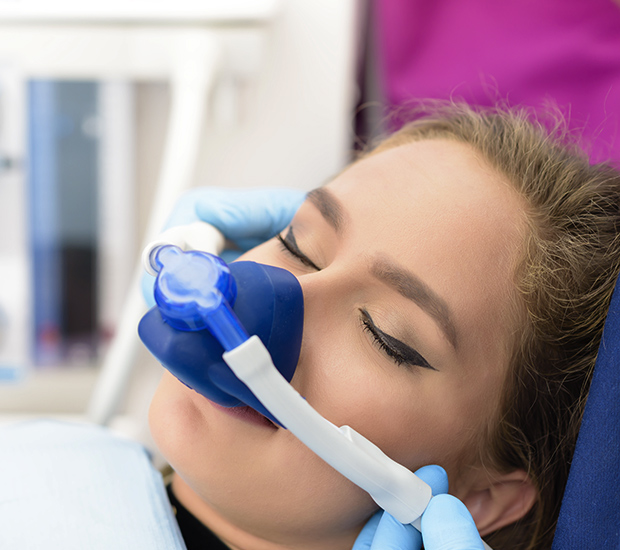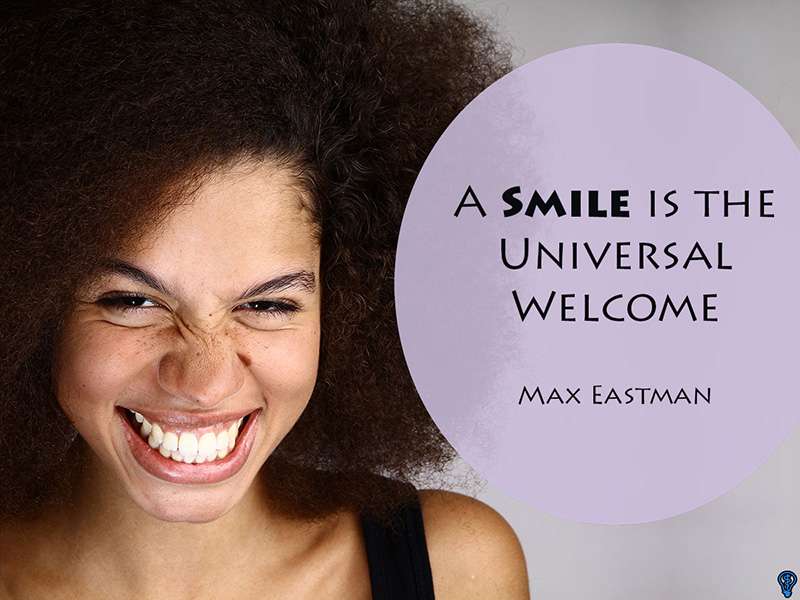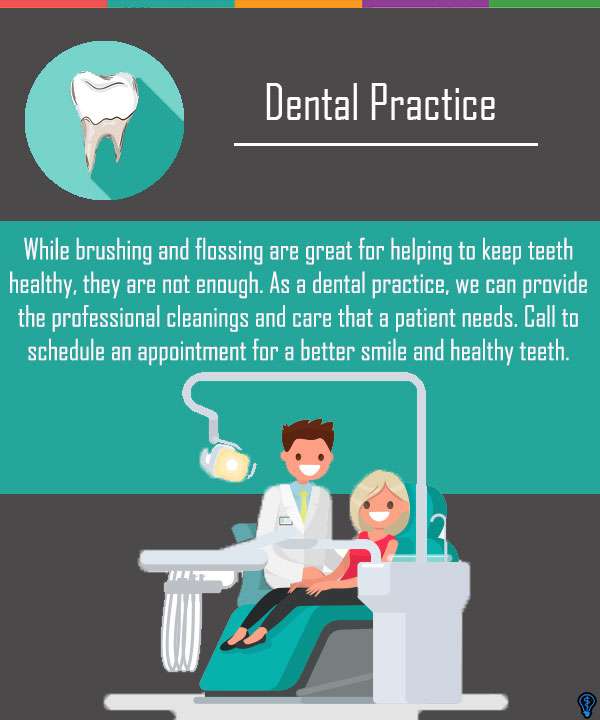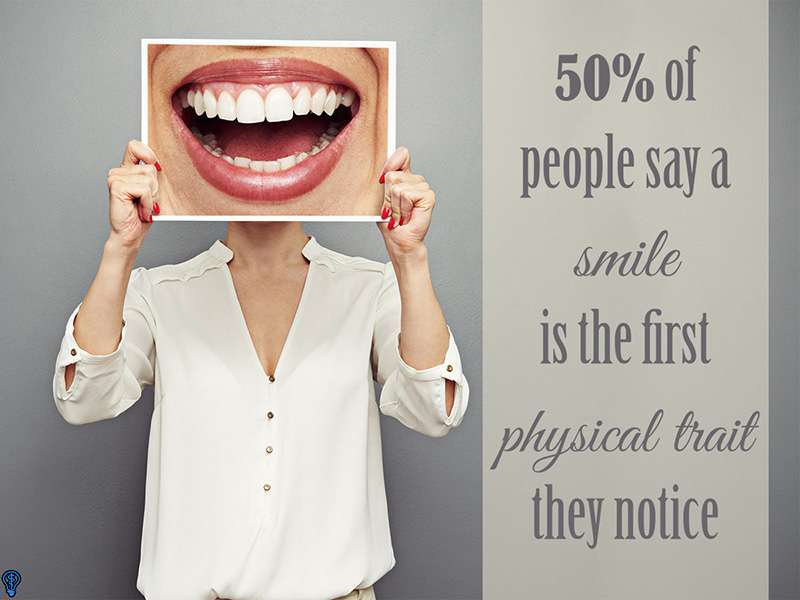Sedation Dentist Philadelphia, PA
If you need to have dental work completed, we recommend visiting a sedation dentist. At iSmile Dental Team PC, we offer sedation dentistry for patients living in and around the Philadelphia area. We understand that for millions of adults, visiting the dentist can be an overwhelming or frightening experience due to dental anxiety. This common condition typically starts with a negative experience or becoming fearful of the general idea of dentistry. While common, you do not have to be concerned about visiting our dentist office because we work to ensure your comfort the entire time.
What You Need to Know About Sedation Dentistry
When you schedule an appointment with us, let us know if you have dental anxiety so that we can prepare for your visit accordingly. For many people, the actual procedure is not uncomfortable but it is the anxiety and worry that causes angst. With this in mind, we often prescribe an oral sedative or laughing gas that can be administered prior to the appointment to help a person relax. While this is not a pain killer, it eases the fear and relaxes the body so that you can remain peaceful while having teeth cleaned, or dental work performed. While the dosage is different, laughing gas can be used on both children and adults so that all of our Philadelphia patients can remain comfortable.
Types of Sedation Dentistry
There are various levels and types of sedation. During your consultation, we will discuss the recommended procedure with you along with any anxieties you may have. At that time, a recommendation will be made for the type of sedation you may want to consider. The ultimate decision is up to you based on how you believe you will handle the procedure. In many cases, our patients simply need to relax and prefer to use laughing gas in order to do so. It is quick, effective, and wears off when the procedure is finished without impairing any other bodily functions. Some patients use this to relax when getting their teeth cleaned since there is no actual pain associated with the treatment.
When a cavity is being treated or other minor dental work performed, patients may prefer to use a combination of laughing gas and localized pain medication. After numbing the surface of the gums, we can inject pain medication that numbs the area that is being worked on. As a sedation dentist, this is an effective tool for us to prevent and eliminate any discomfort. We can administer as much medication as is necessary throughout the course of the treatment, and only that specific area will remain numb. The benefit of this type of sedation is how localized it is. For example, if a cavity is being treated on one side of the mouth, the other side will remain fully functional. This way you can eat immediately after the treatment while the numbing effect wears off the other side.
If a more intensive procedure is required, patients may prefer IV medication for a more thorough effect. When sedation is administered through this means the numbing effect is more pervasive and not confined to that one specific area of the mouth. It is extremely effective and as a sedation dentist, we find that many of our patients request this type of medication because they want to ensure that they do not feel anything while having dental work performed. If this is the case, the effect can still wear off fairly quickly after the treatment is over, but we do recommend having a friend or family member drive you home just in case.
For those needing oral surgery, total sedation may be necessary or preferable. This is often referred to as sleep dentistry because a patient is put to sleep and will not remember anything from the procedure. As a sedation dentist, we find that this is an excellent solution when a patient is getting a full smile makeover. When the majority of teeth are being worked on, the procedure can take a significant amount of time. We need to do dental work with precision and that requires not rushing through the procedure. With that in mind, our Philadelphia patients may find it difficult to hold still when the treatment lasts longer than an hour or two. Going to sleep is a much better option because your body will naturally remain still, you will feel comfortable and not remember what took place during the treatment. If this is your preferred method of sedation dentistry, we will monitor you carefully during the treatment and afterwards to ensure that the anesthesia wears off like it should. You will also need to have someone drive you home and may feel slightly sluggish for the remainder of the day. These types of procedures typically call for rest and relaxation anyway, so take it easy at home before resuming normal activity the next day.
Check out what others are saying about our sedation dental services on Yelp: Sedation Dentist Philadelphia
Getting Started
If you live in the Philadelphia area and are interested in visiting a sedation dentist, call (267) 515-6162 to schedule your appointment. At iSmile Dental Team PC, we will take the time to get to know you and understand what all of your concerns are prior to making a formal recommendation as to the type of sedation dentistry that you should consider. We will also need to know if you have any other health issues, risks, or are allergic to anything. Typically, if you have responded well to pain medication or sedation in other medical treatments, you will do well with sedation dentistry and not experience any negative side effects. Still, if you have questions or concerns be sure to discuss them with us. With any type of dental work, it is important to be well informed and make a decision that you feel is best for your health and your goals. As such, we want you to be an informed and educated patient. Thanks to modern technology, if you are afraid of having dental work done or visiting the dentist in general, you no longer have to be. As a sedation dentist, we can ensure that your experience is a positive one. Call 267-515-6162 for more information or to get started.
If you live in the Philadelphia area, call (267) 515-6162 to schedule your dental exam so that you can remain in good health or receive treatment for a current condition.
Questions Answered on This Page
Q. What is a sedation dentist?
Q. What are the types of sedation dentistry?
Q. How do I begin the sedation dentistry process?
People Also Ask
Q. How can I prepare for my dentist appointment?
Definition of Dental Terminology
- Cosmetic Dentistry
- Cosmetic dentistry is generally used to refer to any dental work that improves the appearance (though not necessarily the function) of a person’s teeth, gums and/or bite.
- Decay
- Tooth decay is when the enamel of the tooth begins to decay and cause erosion from plaque and tartar on the teeth.
- Dental Caries
- Dental caries are also known as cavities and result from a lack of proper oral hygiene leaving plaque that forms tiny holes in the teeth.
- Dental Checkup
- A dental checkup is an appointment that involves cleaning the teeth, identifying any signs of infection and removing said signs of infection at least once every six months in the office.
- Dental Filling
- A dental filling involves restoring the structure of the tooth by using metal, alloy, porcelain or plastic to fill the tooth.
- Dental Prophylaxis
- A dental prophylaxis is a professional and detailed cleaning that involves the removal of plaque, calculus and stains from the teeth.
- Dental Sealants
- Dental sealants contain a resinous material that we apply to the chewing surfaces of the posterior teeth to prevent dental caries.
- Dentist
- A dentist, also known as a dental surgeon, is a doctor who specializes in the diagnosis, prevention, and treatment of diseases and conditions of the oral cavity.
- Gingivitis
- Gingivitis is the inflammation of gum tissue that results from plaque, other infections in the mouth and poor oral hygiene.
- Preventive Dentistry
- Preventive dentistry is the dentistry that focuses on maintaining oral health in order to prevent the spread of plaque, the formation of tartar and infections in the mouth.
- Tartar
- Tartar forms when plaque builds up on the surface of the teeth and calcifies into a hard surface that is much more difficult to remove and will require professional treatment.
- Tooth Enamel
- Tooth enamel is the protective visible outer surface of a tooth that contains the dentin and dental pulp.
Back to top of Sedation Dentist




